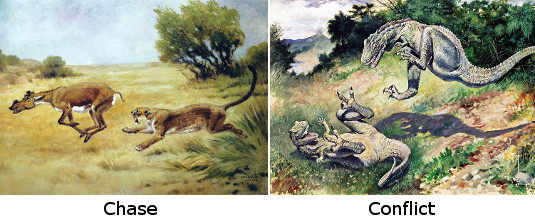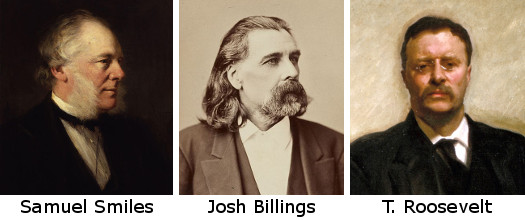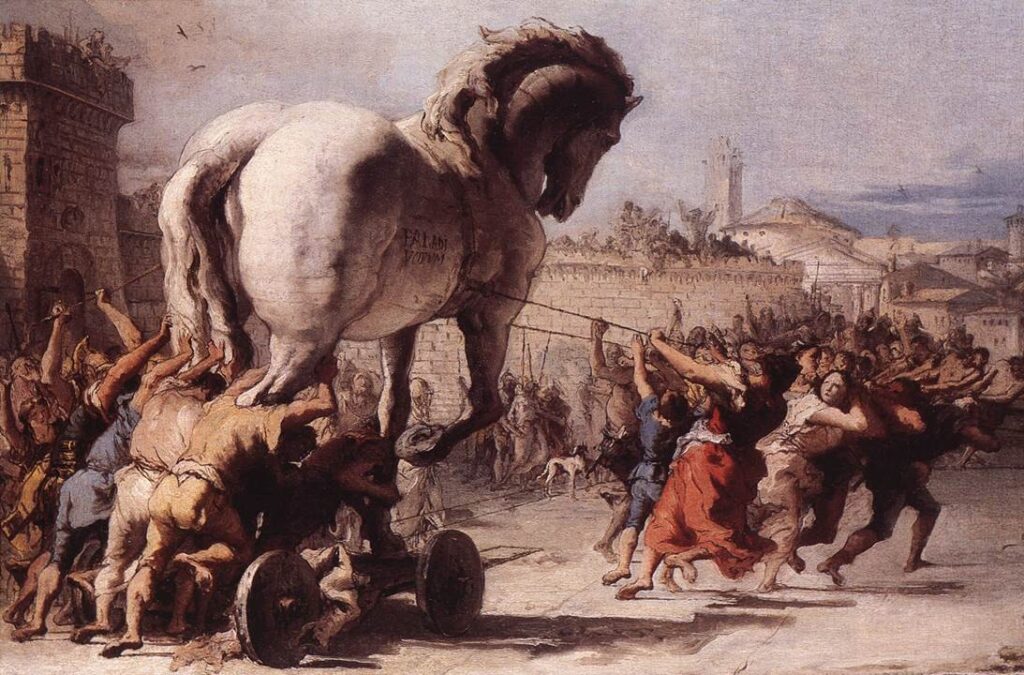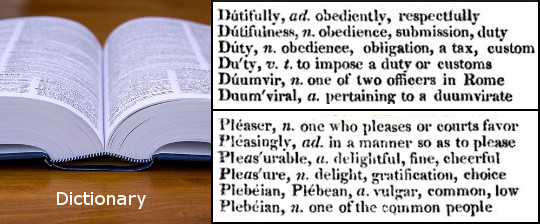Charles Darwin? History Textbook? Anonymous?

Question for Quote Investigator: While reading a newspaper article I saw the following statement attributed to the famous scientist Charles Darwin:
In the struggle for survival, the fittest win out at the expense of their rivals because they succeed in adapting themselves best to their environment.
The article cited “On the Origin of Species” by Darwin, but I examined several editions of that landmark treatise and have been unable to find the quotation. Would you please trace this expression?
Reply from Quote Investigator: QI has found no substantive evidence that Charles Darwin made the above statement.
The scholars working on the authoritative “Darwin Correspondence Project” based at Cambridge University have placed the statement into a set of “Six things Darwin never said”.1
The members of the project have constructed an important database of 7,500 letters written or received by Charles Darwin.
The earliest appearance of the statement found by QI was located within a history textbook titled “Civilization Past and Present” by T. Walter Wallbank, Alastair M. Taylor and Nels M. Bailkey.
Continue reading “Quote Origin: In the Struggle for Survival, the Fittest Win Out at the Expense of Their Rivals”



